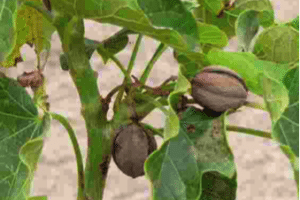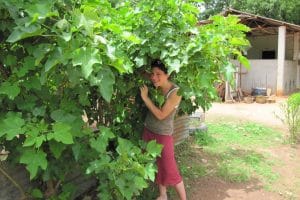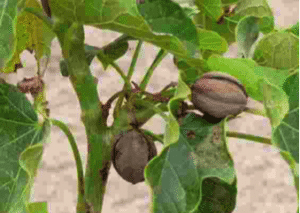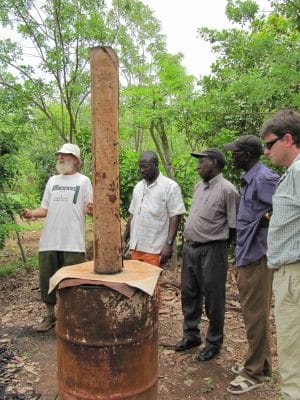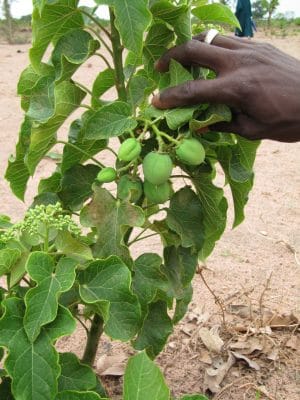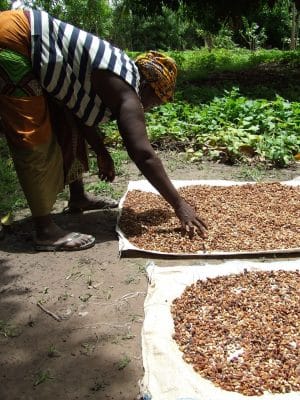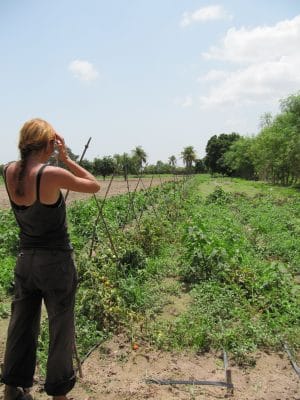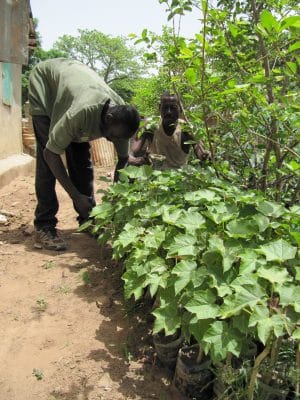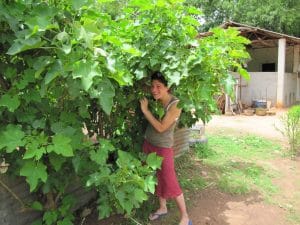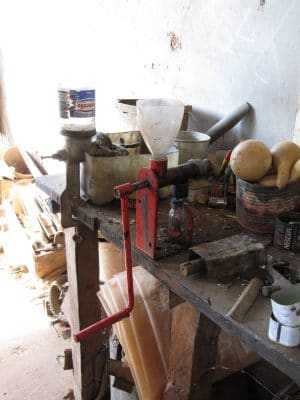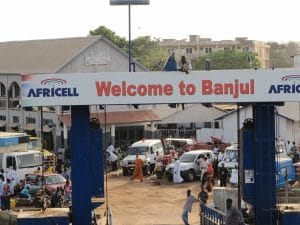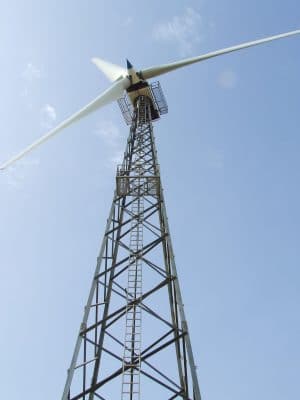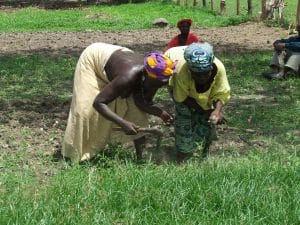The Gambia is an extremely poor country, at the time of writing it is currently 57th on the UN Human Development Index and access to energy is extremely low… Banjularea and only…. In rural areas.
Access to clean, affordable and secure modern energy services is paramount to development and it is increasingly recognised that almost all the Millennium Development Goals are unattainable without energy provision… However, as in many developing countries, The Gambian government has access to insufficient funds to make the investments required to provide centralized electricity to rural areas. As such many development NGO’s are looking to support the governments work by looking at ways of providing de-centralised energy sources. Jatropha offers an extremely interesting opportunity in the context of rural communities in developing countries, because as well as providing fuel, it has the potential to stimulate agriculture and industry in rural areas, thereby helping to alleviate poverty from in a two-pronged way. Not only….but impressive environmental benefits in a country where deforestation is rife and degraded land is…
Jessica Frank – Fellowship Awardee 2009
The proposal was a collaboration with Concern Universal, a local Gambian NGO, with regards to the feasibility of implementing a Jatropha development project with a number of local communities in rural areas of the country. To date, no Jatropha has been cultivated in The Gambia, but there is an increasing interest in the shrub amongst NGOs and the government, owing to the attention it has been given in the international arena and also, closer to home, the investment currently being made in neighbouring Senegal.
Concern Universal have been interested for sometime in pursuing a Jatropha project but have lacked the time and expertise to undergo the necessary detailed investigation as to the feasibility and true benefits of such an initiative. The main analysis of my thesis constituted a detailed sustainability appraisal based on the barriers, opportunities and constraints that exist for farmers in The Gambia. Many development projects are unfortunately destined to fail as a result of insufficient consideration given to country specific constraints and this fieldwork was therefore an imperative element of ensuring a viable and successful implementation plan was achieved. It was really only when I arrived in The Gambia and started carrying out my fieldwork that I fully understood to what extent the in situ research was fundamental to my research. The funding provided by the Arkleton Trust enabled me to travel to The Gambia without which the trip would not have been possible.




